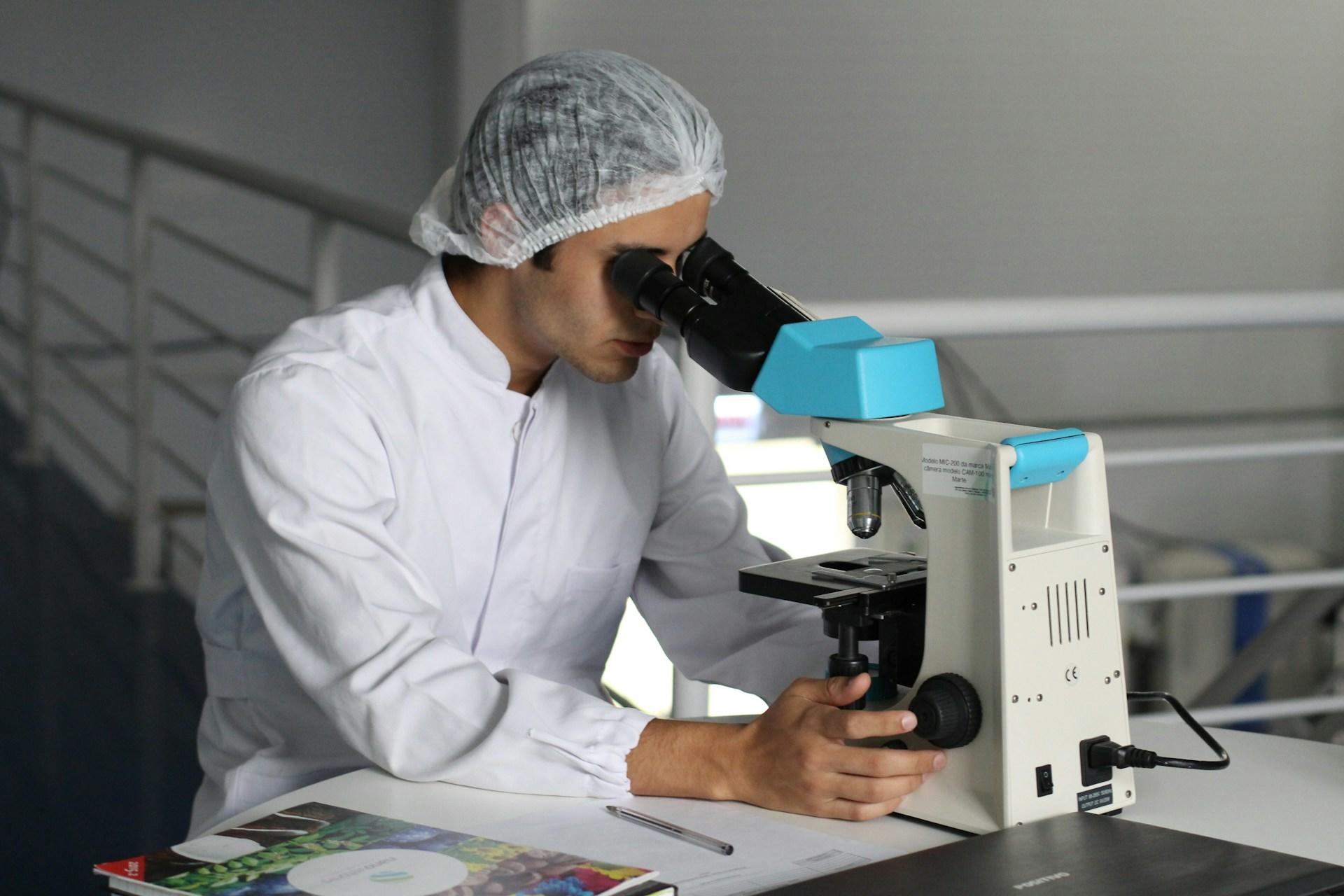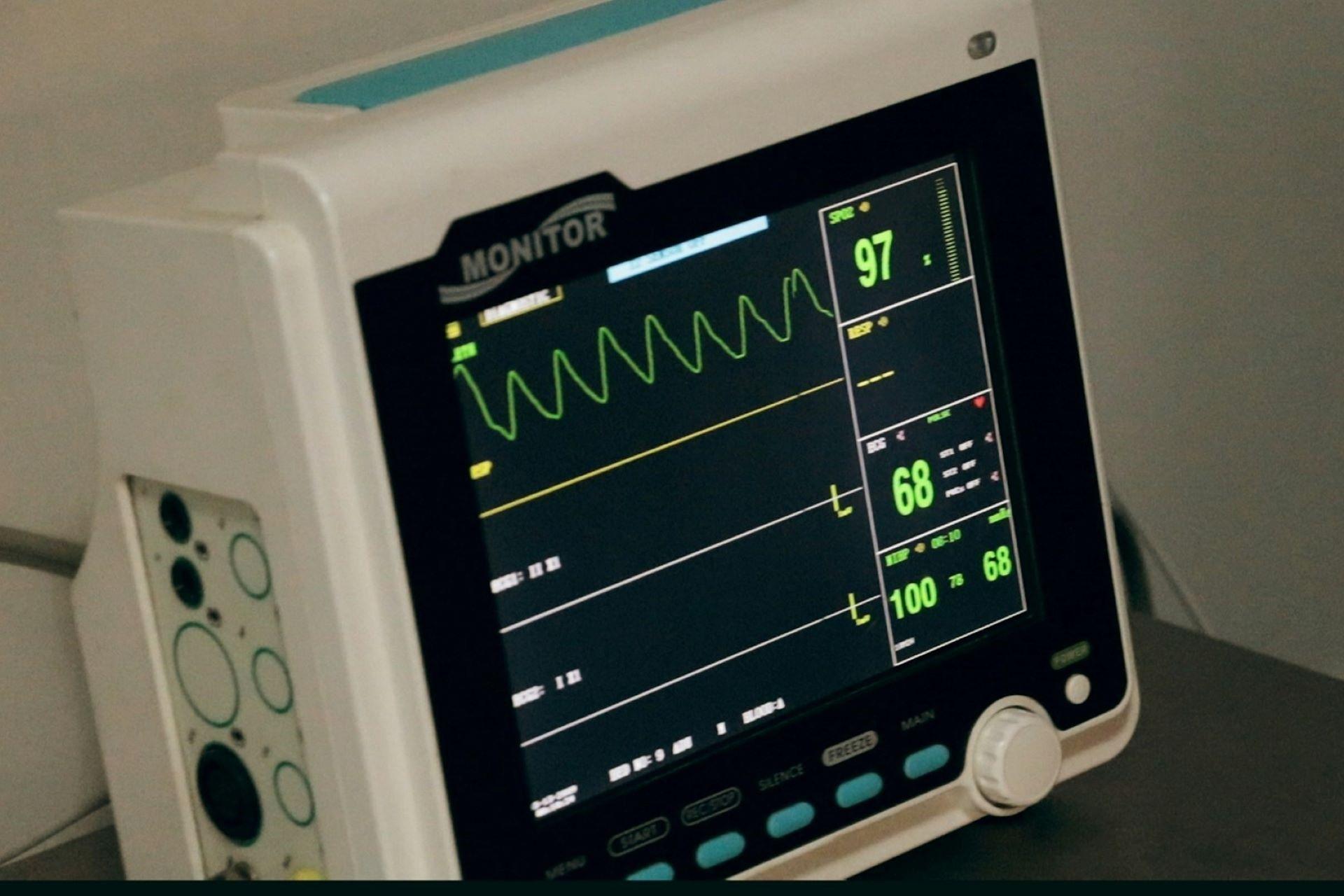There are 8 universities in New Zealand. Almost every university offers courses and qualifications in health sciences, biology, and other medical fields.
However, it's important to note that the opportunity to pursue a fully-fledged Medical Degree is exclusive to only two institutions in New Zealand-the University of Auckland and the University of Otago.
Here's what you need to know about the School of Medicine at the University of Auckland, the courses, the entry requirements, and how to study there.

Auckland Medical School at a Glance
The Auckland medical school is known as the University of Auckland School of Medicine.
The University of Auckland's School of Medicine was founded in 1968 with just 60 students. It's now part of the Faculty of Medical and Health Sciences.
The Auckland Medical School's main campus is the Grafton Campus, which houses the School of Medicine and provides a range of facilities for medical education and research. Additionally, the school has established clinical campuses in South Auckland, Waitematā, Waikato, and Tauranga, which offer students the opportunity to gain practical experience in diverse healthcare settings.
The school is divided into eight main academic departments:
- Anaesthesiology
- Centre for Medical and Health Sciences Education
- Medicine
- Obstetrics and Gynaecology
- Ophthalmology
- Paediatrics: Child and Youth Health
- Psychological Medicine
- Surgery
As one of two medical schools in New Zealand, the School of Medicine at the University of Auckland trains nearly half of New Zealand's medical students.
The medical programme is one of the School of Medicine's main focuses. However, plenty of other medical courses are also offered there.
The School of Medicine collaborates closely with the School of Medical Sciences, the School of Population Health, and the Medical Programme Directorate. This collaborative approach ensures a supportive and interconnected academic community for all students.
Courses at Auckland Medical School
Plenty of medical and health sciences courses are available at the University of Auckland. Here are a few popular choices to give you a better idea of what's on offer.
Bachelor of Health Sciences (BHSc)
The Bachelor of Health Sciences (BHSc) degree is a three-year course that focuses on public health and addressing social problems related to health.
This multidisciplinary programme is helpful for students interested in careers as policy analysts, health service managers, health promoters, health researchers, or community addiction counsellors.
Bachelor of Medical Imaging (Honours) (BMedImag(Hons))
The Bachelor of Medical Imaging (Honours) degree is a four-year undergraduate course.
This is the first medical imaging programme in New Zealand and the only honours degree available.

The Bachelor of Medical Imaging typically begins with the first year of a BSc course, including biology, chemistry, physics, and general education courses.
In the following years of the programme, students learn more about radiographic positioning and image acquisition, medical imaging, image optimisation, and evaluation.
There are also opportunities for clinical experience in simulation labs, hospitals, and private radiology facilities.
Bachelor of Nursing (BNurs)
The Bachelor of Nursing degree is a three-year course (four for the honours option). Students interested in a career in nursing can learn about the science underpinning the profession while also gaining practical hands-on experience.
The course combines academic and clinical learning. Nursing students will share some of their classes with medicine, pharmacy, and health sciences students.
Bachelor of Optometry (BOptom)
The Bachelor of Optometry (BOptom) is a five-year undergraduate degree programme accredited by the Optometry Council of Australia and New Zealand.
Graduates are accredited as registered optometrists and can diagnose and treat eye diseases in New Zealand and Australia.
There's the option to complete this programme as an honours degree, too.
Bachlor of Pharmacy (BPharm)
The Bachelor of Pharmacy is a four-year undergraduate programme in which students learn about the safe and effective use of medicines.
The programme includes several weeks of placements in pharmacy, clinical, and other health settings.
Bachelor of Medicine and Bachelor of Surgery (MBChB)
The Bachelor of Medicine and Bachelor of Surgery (MBChB) is what most people call a medical degree.
This six-year programme is accredited by the Australian Medical Council on behalf of the Medical Council of New Zealand. It is the programme you need to complete to become a doctor.

Entry Requirements for the University of Auckland School of Medicine
The entry requirements for the University of Auckland School of Medicine will depend on your chosen course.
However, if it's a medical degree you're considering doing, you should know that places are incredibly competitive.
There are 302 domestic places each year for the Bachelor of Medicine and Bachelor of Surgery (MBChB). The places are awarded according to your academic achievement, your performance on the University Clinical Aptitude Test for Australia and New Zealand (UCAT ANZ), and your performance during the admission interview (Multi Mini Interviews or MMI).
Applicants for this programme can apply from BHSc or BSc (Biomedical Science) at the University of Auckland.
You cannot apply directly to the programme from school and can only apply once if you're applying as a "First-Year" applicant.

Keep in mind that these requirements are subject to change, but at the time of writing, the requirements are as follows:
First year applicants need the eight required courses:
First Year Applicant Requirements
Here are the requirements for those applying as a First Year applicant.
First Year BHSc courses
- CHEM 110: Chemistry of the Living World
- BIOSCI 107: Biology for Biomedical Science - Cellular Processes
- MEDSCI 142: Biology for Biomedical Science - Organ Systems
- POPLHLTH 111: Population Health
- POPLHLTH 101: Introduction to Health Systems
- POPLHLTH 102: Social Determinants of Health
- HLTHPSYC 122: Behaviour, Health and Development
- General Education*
First year BSc (Biomedical Science) courses
- CHEM 110: Chemistry of the Living World
- BIOSCI 107: Biology for Biomedical Science - Cellular Processes
- MEDSCI 142: Biology for Biomedical Science - Organ Systems
- POPLHLTH 111: Population Health
- BIOSCI 101: Life! Origins and Mechanisms
- PHYSICS 160: Physics for the Life Sciences
- BIOSCI 106: Foundations of Biochemistry
- General Education*
Graduate Entry Requirements
Domestic New Zealand graduates must have completed a degree or postgraduate diploma from a New Zealand university with a minimum Grade Point Average of 6.0 (B+) or equivalent. They must also complete this degree within the minimum academic time and within five years before the application date.
Depending on their previous academic qualifications and experience, graduate applicants may be required to take some of the courses taken by the First Year applicants.
International applicants for the Bachelor of Medicine and Bachelor of Surgery aren't required to sit the UCAT ANZ.
Other Ways to Study a Medical Degree
If neither of these situations apply, there are other pathways available.
The Undergraduate Targeted Admissions Schemes (UTAS) are for applicants who are Māori, Pacific, disabled, or from low socioeconomic or refugee backgrounds. There are several spaces available on undergraduate programmes for applicants with the University Entrance (UE) standard but not the entry score for the programme.
That said, the standards required of these students once they are in the course are the same as those of any other student, and the UTAS is only for admissions.
If you don't currently meet the academic requirements for the course, preparation and foundation programmes are available.

Get Help with Studying Medicine from a Private Tutor
With such high standards for applicants and students, studying any course or degree at the University of Auckland School of Medicine can be challenging.
Luckily for you, in addition to the University of Auckland faculty, you can get more help with your studies from a private tutor.
Private tutors can adapt their sessions to the student, which isn't always possible for faculty members at a university with several students to teach at once.
They can also focus on specific areas of study, which is good if certain topics are causing problems.
You can find private tutors on the Superprof website. There are tutors in almost every subject and skill.
Tutoring is available face-to-face, online, one-on-one, or in groups. Each type of tutoring has advantages and disadvantages.
One-on-one tutoring is usually the most cost-effective as every minute of every session can be spent focusing on the student.
Online tutoring tends to be cheaper than face-to-face tutoring as the tutor doesn't need to travel to their students.
For students on a budget, group tutoring won't come with the advantages of one-on-one tutoring. Still, it allows several students to share the cost of tutoring.
Most of the tutors on the Superprof offer their first session for free, so you can always try a few different tutors before choosing the right one for you and the areas you need help with.
Just search for your tutor on Superprof today!
Summarise with AI:















